
Posted on 12/16/2009 4:46:25 AM PST by Homer_J_Simpson
















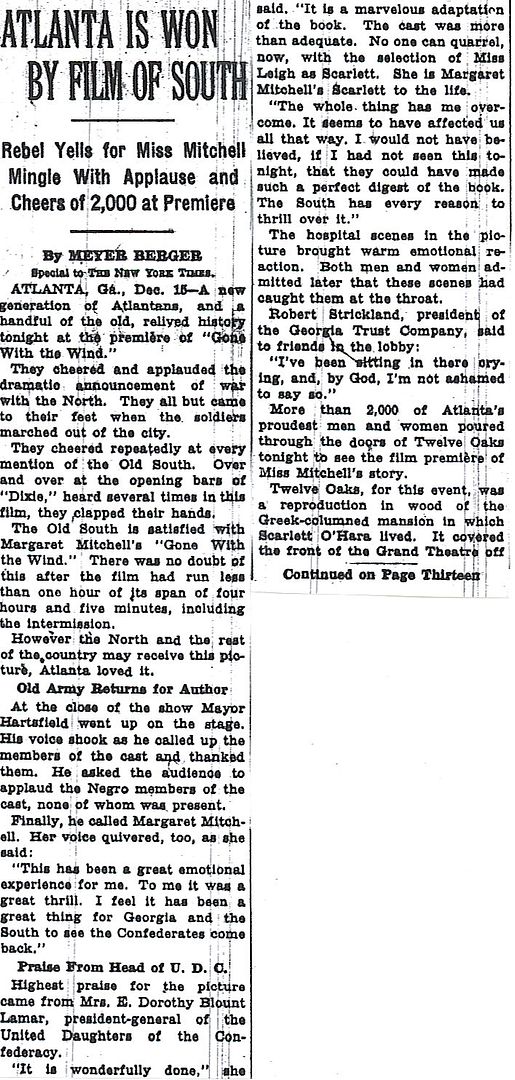
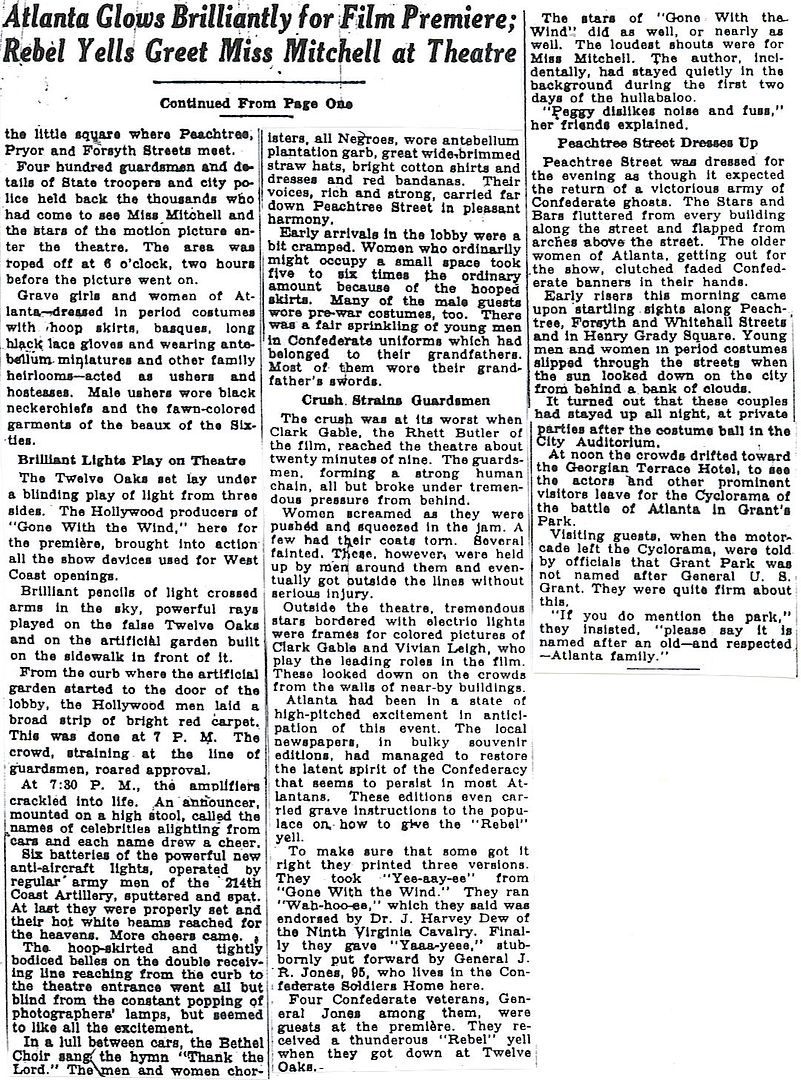

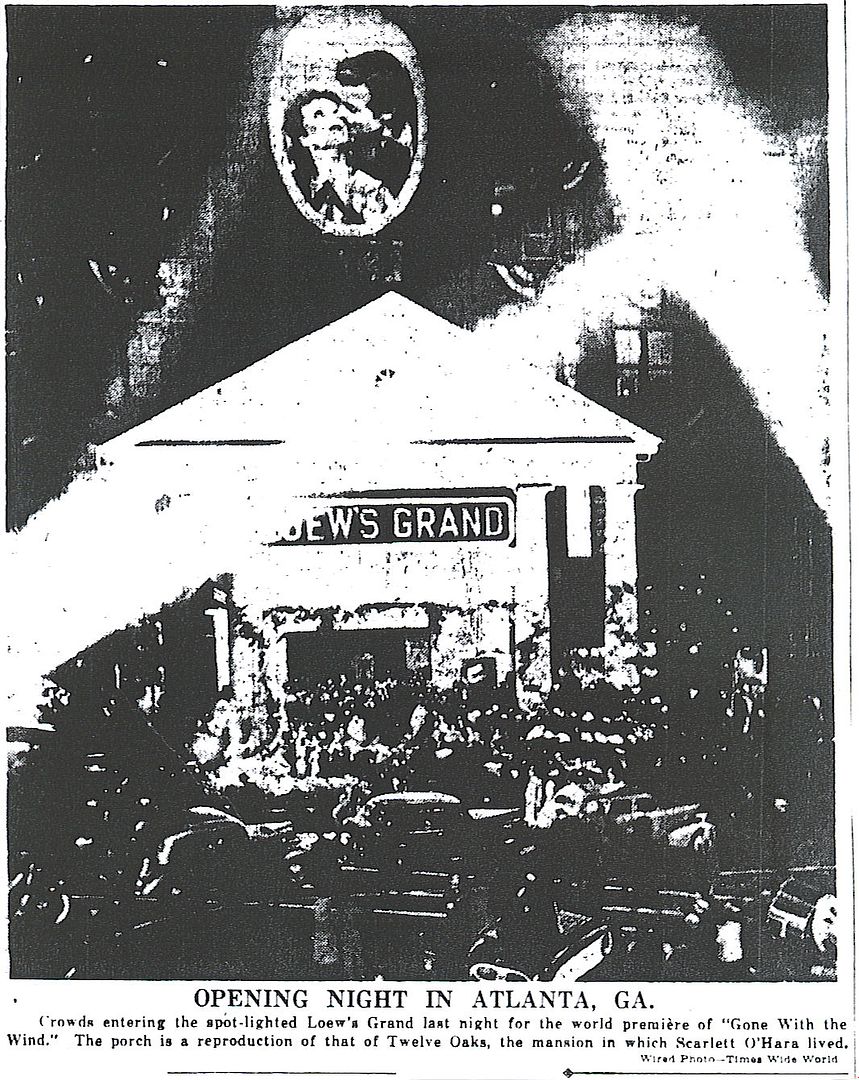
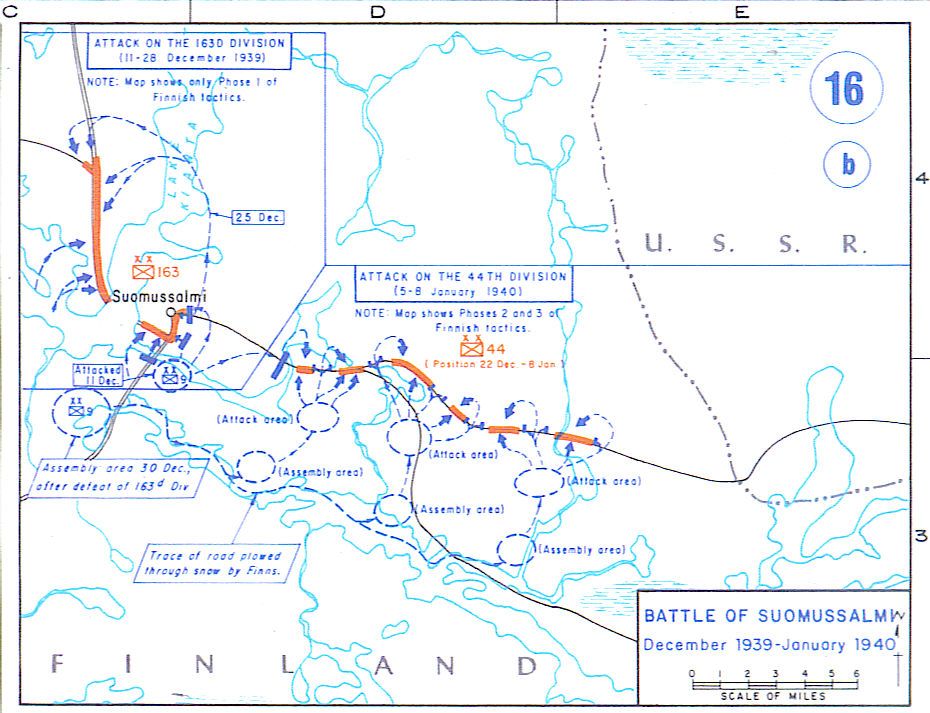
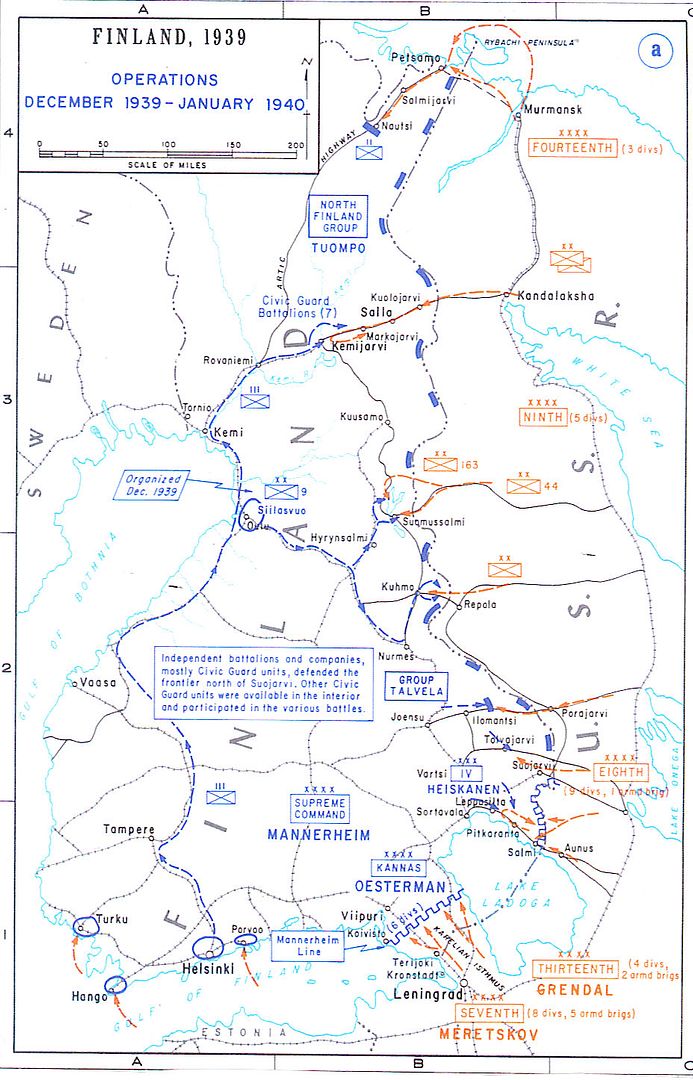

Winston S. Churchill, The Gathering Storm



Winston S. Churchill, The Gathering Storm
http://www.onwar.com/chrono/1939/dec39/f16dec39.htm
Soviets launch battle of Summa
Saturday, December 16, 1939 www.onwar.com
In the Winter War... The main forces of Soviet 7th Army have now advanced to the Mannerheim Line and a major Soviet attack, therefore, begins. Waves of Soviet infantry and tanks, with air support, attempt to overrun the Summa area (the First Battle of Summa). These initial efforts are subsidiary moves against the northeast end of the Finnish defenses. They continue for two days without success.
In Rome... Count Galeazzo Ciano, the foreign minister in the government led by Benito Mussolini, attacks the Soviet Union in a speech to the Fascist assembly. The tone reflects that of the Italian press and radio. Since the Soviet invasion of Finland, Italy has sent volunteers to fight with the Finns and large quantities of military equipment.
In Germany... The repatriation of about 51,000 ethnic Germans (or Baltic Germans), from the Baltic state of Latvia to the “Incorporated Territories” of former Poland, is completed.
Fascinating stuff. Seems like another world.
I suppose it was.
The NYT, worth reading...
What a concept.
Noted the bottom left had an article about “Gone With the Wind” premiering in Atlanta!
interesting!
Henkster’s random thoughts on today’s lesson:
1. The Graf Spee was not that badly damaged. No vital watertight compartments were compromised, engines and main batteries were operational. Any captain of the Royal Navy would have sortied and fought to the end no matter what odds, or he would have been disgraced. Contrast Langsdorff with the captain of the Rawalpindi a few weeks ago, who took on two German Battlecruisers.
2. The Times did not publish one of the more famous photos of the burial of the German sailors. During the ceremony, all present, including the pastor and priest, gave the Nazi salute. Except Langsdorff. He gave the traditional salute from the Kriegsmarine.
3. So the Finns are throwing bottles filled with gasoline at the Soviet tanks? That sort of weapon ought to have a name. Any suggestions?
4. It’s kind of hard, looking at maps, to get a feel for just how big Finland is, and how difficult the fighting was, particularly north of Lake Ladoga. Suomussalmi is over 200 miles north of Lake Ladoga; that’s a pretty long stretch even by today’s standards. The area is all sparsely inhabited forest, lake and swamp; pretty much a wilderness. The Soviets with their large formations got cut up by a bunch of lightly armed Finns on skis, who were probably living out in the wild for weeks during this operation. I just have to marvel at how tough those guys were.
The entire article is included at the end of the thread. Images 17-20 I think. There is also a newsreel clip about reply #5 showing the premier night festivities in Atlanta. Check out the squeal from the crowd when Clark Gable emerges from the airplane.
Oh yeah, I forgot one other random thought: Churchill’s Note as First Lord of the Admiralty.
So Britain has to resort to aggression and violate the rights of a small neutral state to protect the rights of small neutral states against aggression? The logic here seems just a little twisted. Look, when you’re in war you do what you gotta do. Don’t try to wrap it up in some high-minded philosophical justification.
But you can see from the tone of his note how he’s trying to defeat Germany. Instead of just taking on the Germans directly in military action on the western front, he thinks the war can be won economically be depriving Germany of her raw materials. I posted something on this a few days ago. Daladier, the French Premier, thought the same. Both thought the way to defeat Germany was to force war on the neutral Scandinavian countries and even take on the USSR to boot. Tell me how that makes sense, when they aren’t willing to fight the one enemy they are already at war with.
This “peripheral strategy” will be pursued by Churchill and the British through the whole war. They basically had to be dragged into supporting the Cross Channel attack in 1944. Instead they wanted to chip away at the Germans in the Balkans and elsewhere.
I got it! The Stalin Fizz.
“Stalin Fizz”....hmmm....
nah, just doesn’t have the right ring to it.
Try again.

General Headquarters confirms as official policy that the fallen are to be sent home for burial.
Photo: SA-KUVA
Finnish troops hard pressed at Pelkosenniemi
The Stockholm Slurry?
CONCLUSIONS of a Meeting of the War Cabinet held at 10 Downing Street S.W. 1, on Saturday, December 16, 1939, at 10:30 A.M.
Present:
Viscount Halifax, Secretary of State for Foreign Affairs
Admiral of the Fleet Lord Chatfield, Minister for Coordination of Defense
Winston S. Chruchill, M.P., First Lord of the Admiralty
Anthony Eden, M.P., Secretary of State for Dominion Affairs
Air Chief Marshal Sir Cyril L.N. Newall, Chief of the Air Staff
Rear-Admiral T.S.V. Phillips, Deputy Chief of Naval Staff
Major-General L. Carr, Assistant Chief of the Imperial General Staff
The First Lord of the Admiralty informed the War Cabinet that our D.F. Stations had on the previous night, picked up a faint wireless message from an enemy vessel in the Atlantic not far from the Convoy. This point could have been reached, so far as distance was concerned, by units of the German Fleet reported in the North Sea three days earlier. The greatly superior strength of our Naval forces in this area would have made an engagement welcome. It was now thought, however, that the recent sortie of the German Fleet had been to give cover to the mine-laying operation near the Tyne, and that they had now returned to base.
There had been no attacks on our shipping other than by mines.
Three British ships had been sunk by mines off the Tyne - making a total of ten sunk since the 13th December. It was believed that the minefield - of the ordinary, and not magnetic, type - had been laid by surface ships at night. Seven of these moored mines had been exploded.
Two attacks had been carried out on U-boats, with unknown results.
The Cruiser H.M.S. Despatch - working alone of the West coast of South America - had encountered and captured the German merchantman Dusseldorf (5,000 tons) and had taken her in as a prize to Antofagasta.
The First Lord said that the Admiral Graf Spee had been ordered by the Uruguayan Government to leave Montevideo by 11 P.M. (Uruguayan time) on the 16th (2 A.M. the 17th December, G.M.T.). The time had been calculated to allow her to carry out seagoing repairs only. Particulars were given of the British naval forces which would be ready to engage her should she attempt to escape.
The Secretary of State for Foreign Affairs said that the Uruguayan Minister had called at the Foreign Office on the previous day and had repeated the reservation expressed by the Uruguayan Government, who held that the fight had taken place partly in Uruguayan territorial waters. In this connection, the Foreign Secretary mentioned that we had placed on record three weeks ago our disagreement wit the contention of the Uruguayan Government that the River Plate, which was in places 200 miles wide, constituted territorial water. The opportunity had been taken to express to the Uruguayan Minister our gratitude for so promptly releasing our prisoners from the Admiral Graf Spee. This naval battle had, as a matter of fact, fallen very opportunely at a moment when a tactless note from the German Minister had given offence to the Uruguayan Government.
Hmm. I don't know. It needs to be trendy...maybe make the name sound like a drink. Clearly it will need to be named after a Soviet person or place....perhaps after Stalin's foreign minister?
Yeah, I was thinking “Singapore Sling” but that’s already taken and has nothing to do with the Winter War. One of Stalin’s toadies will do nicely.
Disclaimer: Opinions posted on Free Republic are those of the individual posters and do not necessarily represent the opinion of Free Republic or its management. All materials posted herein are protected by copyright law and the exemption for fair use of copyrighted works.